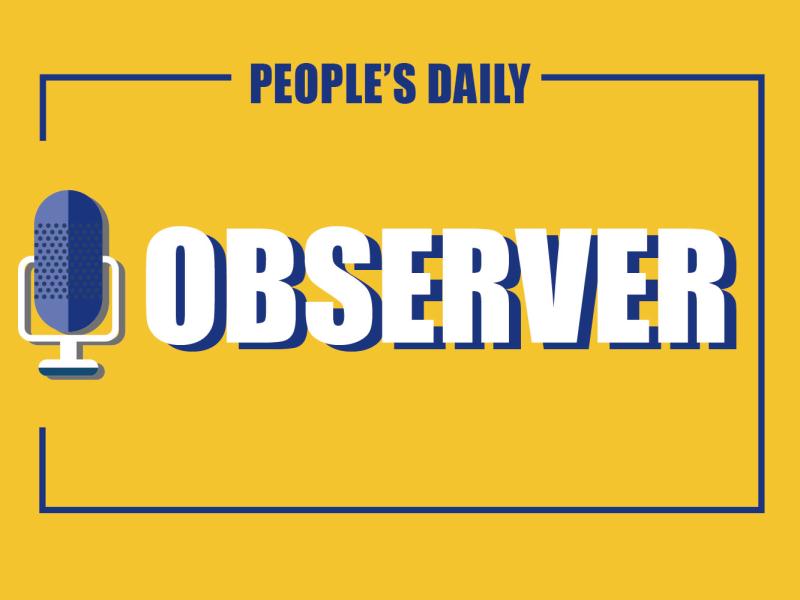
To date, the world has seen over 119 million confirmed COVID-19 cases, including 2.65 million deaths. The best hope for bringing the pandemic under control lies in effective vaccines to realize early inoculation. Yet stories of some Western countries engaging in vaccine nationalism fill the headlines, becoming obstacles to a global health recovery.
The White House has made it clear that the US rejects all requests to share its COVID-19 vaccines with other countries. And the World Health Organization (WHO) has criticized the EU for its export control regime of the vaccines. Some claim Western countries have hoarded more than enough doses of vaccines while developing economies are struggling to access supplies.
Fair and equitable global access to COVID-19 vaccines is a litmus test for humanity’s battle against the pandemic.
Vaccines are critical in the battle. The US and European countries insist their priority is to get their own people vaccinated. But they should consider the world as a whole, as the virus knows no borders.
In this rampant pandemic, if developing countries, especially those at highest risk of disease or death, have no access to vaccines, they will be vulnerable to the virus threat. The entire human community will face the same vulnerability.
Effective and equitable allocations of vaccines could be a game changer. As a steadfast advocate for equitable vaccine distribution, China has undertaken to provide COVAX an initial 10 million doses of COVID-19 vaccines for emergency use in developing countries. The country has donated or is donating vaccines to 69 developing countries in urgent need, and is exporting vaccines to 43 countries.
COVID-19 vaccines are an indispensable tool in the battle against the pandemic and a hope for saving lives. WHO has long promoted the accessibility and affordability of vaccines in developing countries. At this time, Western countries can fight against the pandemic by helping to increase the rate of global vaccinations rather than indulging in “vaccine nationalism.”
In an interconnected world, all people are in the same boat. Vaccines are a sharp weapon to conquer the virus. Some Western countries should stop their “vaccine nationalism,” start to contribute to the fair distribution of vaccines around the world, and join hands to overcome the pandemic by ensuring vaccine accessibility for everyone.


